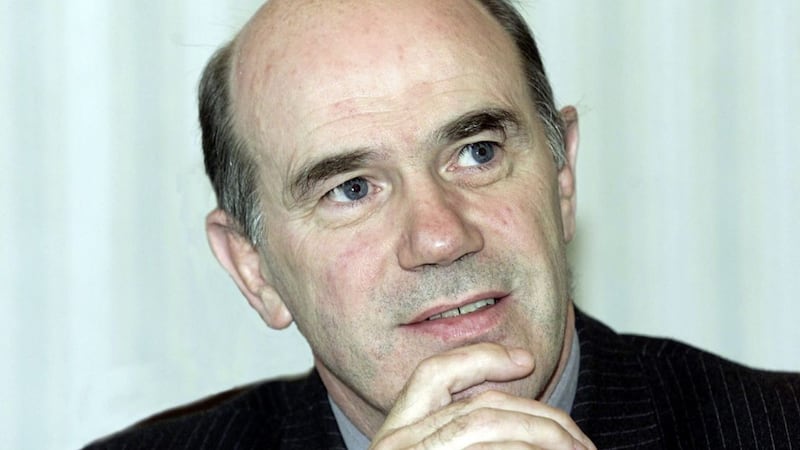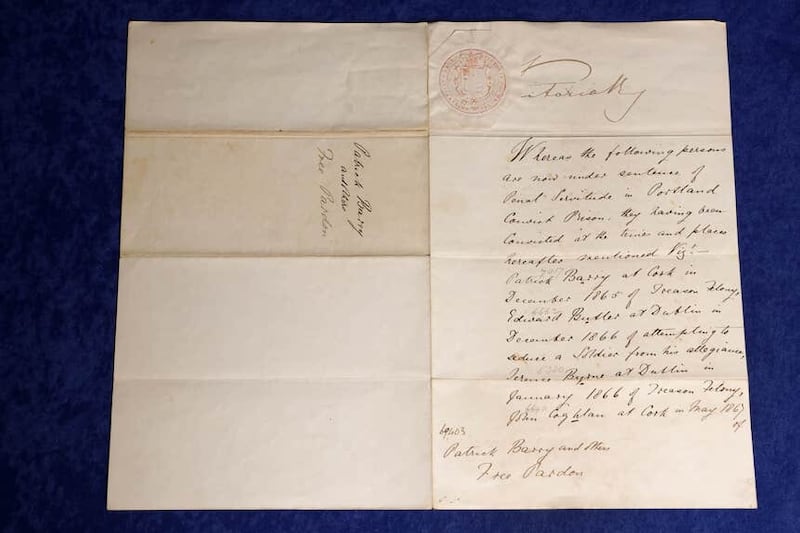RUC deputy chief constable Ronnie Flanagan's "pragmatism" around contentious marches impressed Irish officials during a rigorous lunch meeting in April 1996.
In a memo to Secretary of State Patrick Mayhew, Peter Bell of the Northern Ireland Office said the senior RUC officer had come across as the "thinking man's rozzer: charming, caustic, eminently pragmatic and with a clear concept of operations".
During the lunch with Irish officials from the Maryfield Secretariat in Belfast, Mr Bell said the deputy chief constable was polite during "a long and sustained interrogation by two Irish colleagues".
He said the Irish officials were impressed by Mr Flanagan's charm in contrast with the "greater abrasiveness" of Chief Constable Sir Hugh Annesley.
Mr Bell said he was struck by the policeman's knowledge of Northern Ireland's communities and "how he aimed consistently for compromise".
He said Mr Flanagan discussed the "the localisation of the marching problem (i.e. keep out outsiders spoiling for a fight)" and how the police's powers could be extended to whether music should be played and what emblems should be carried.
The senior policeman believed that, in contentious areas, "a deal should be able to be struck on the basis of a (severely restricted) number of parades, often at unsocial hours in the early morning, carried out by a few people, probably without bands" and, in return, residents should accept "a tough compromise".
According to the memo, Mr Flanagan believed that it was impossible to ignore residents' groups, including around the Lower Ormeau Road in south Belfast.
But he said "the price of refusing any march was... to say that their particular area was not prepared to accommodate the other community and condemn themselves, in effect, to ghettoization".




